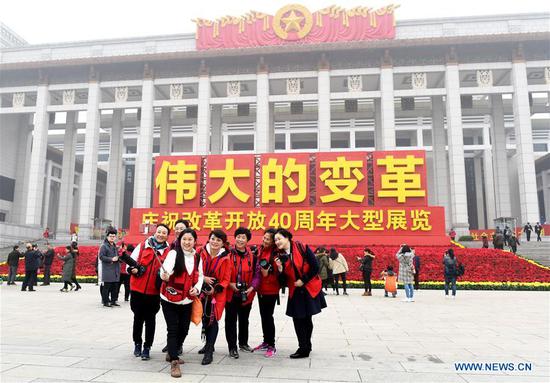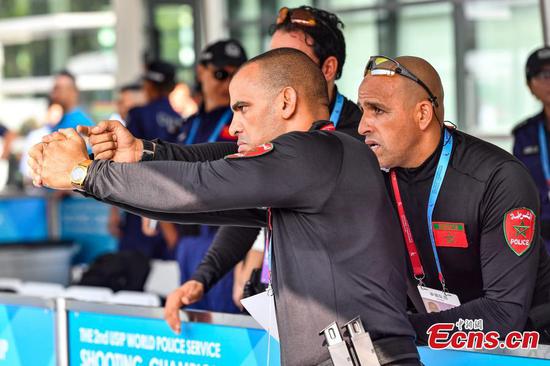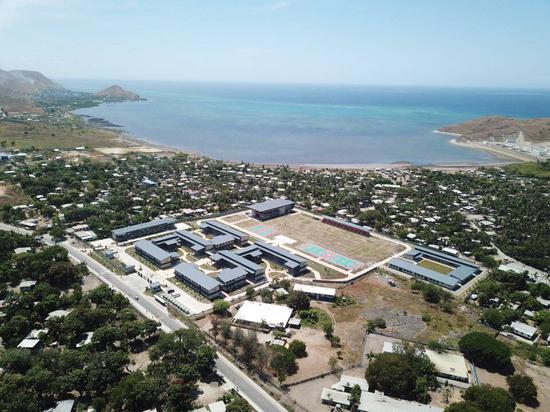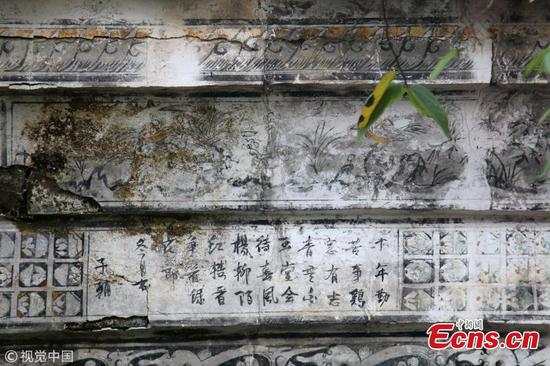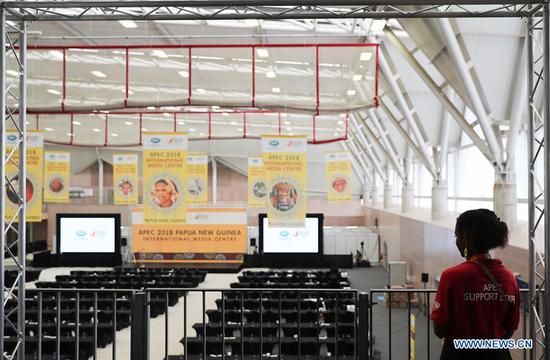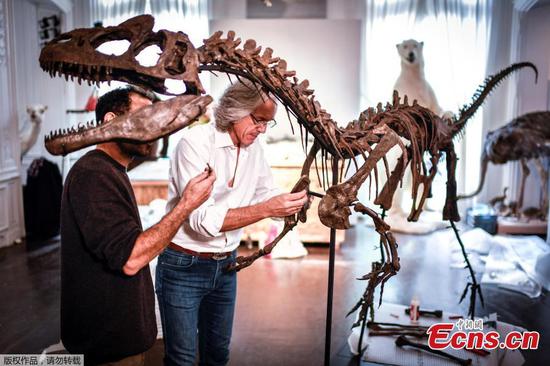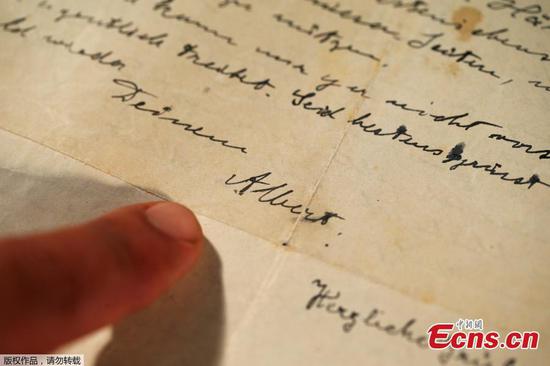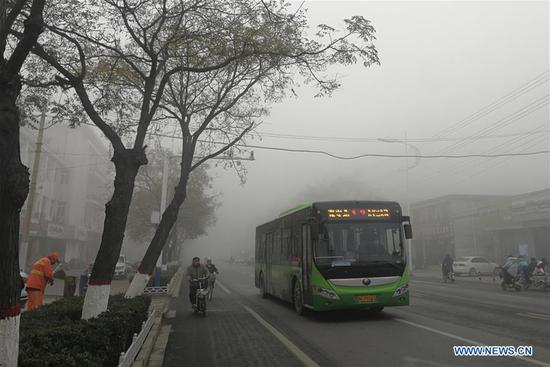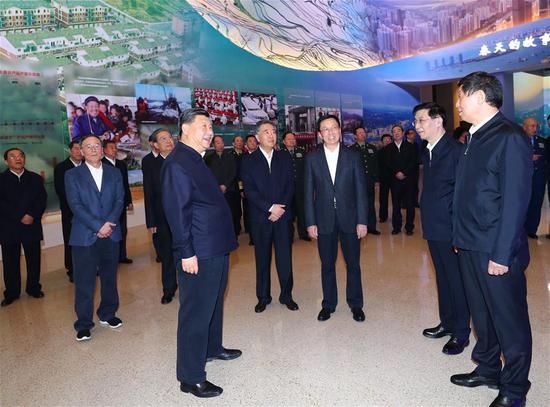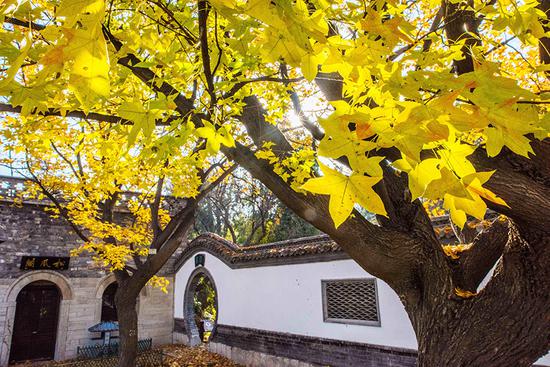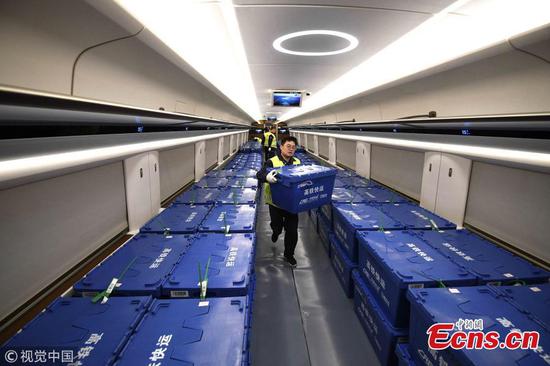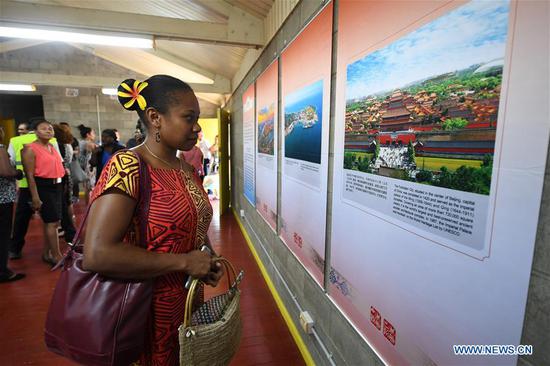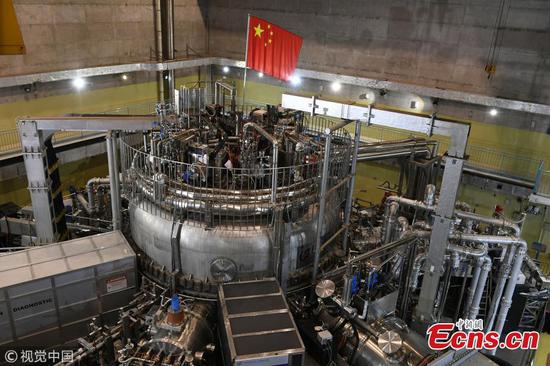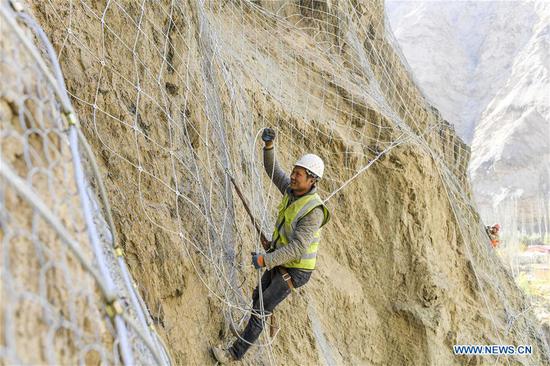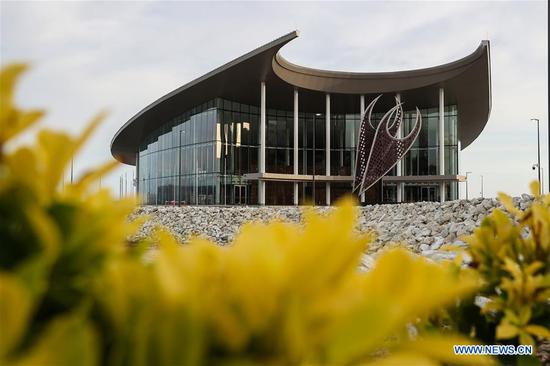China and the Association of Southeast Asian Nations (ASEAN) on Wednesday adopted a key document to chart the course for their ties till 2030.
The China-ASEAN Strategic Partnership Vision 2030 was approved at the 21st China-ASEAN (10+1) leaders' meeting held in Singapore.
At the 20th China-ASEAN (10+1) leaders' meeting held in Manila, the Philippines in 2017, China and ASEAN agreed to issue the vision on their future ties and contribute to building an open, inclusive, and sustainable world that enjoys peace, security and common prosperity.
The document elaborates on China and ASEAN's consensus on overall bilateral relations and plans for political and security, economic and socio-cultural cooperation.
According to the vision, the two sides voiced firm opposition to the growing protectionist and anti-globalization sentiments, and reaffirmed that international trade and investment are important engines for realizing sustainable economic growth, reducing social inequality, and securing a better life for people.
China and ASEAN welcome continued strong and rapid growth of trade, investment and tourism flows between them, said the vision.
In the document, the two sides agreed to realize a goal of one trillion U.S. dollars in two-way trade volume and 150 billion U.S. dollars in investment by 2020. They also look forward to yielding more fruitful results from trade and investment by 2030.
The vision also reaffirms China and ASEAN's commitment to expedite the negotiations of the Regional Comprehensive Economic Partnership (RCEP), and to work towards early conclusion and adoption of a substantive and effective Code of Conduct (COC) in the South China Sea.
Hailing the vision as a blueprint for the long-term development of bilateral ties, Chinese Premier Li Keqiang said at the meeting that the two sides should, under the guidance of the vision, synergize the Belt and Road Initiative with the ASEAN Vision 2025, and strengthen the building of the three pillars -- the political security, economy and trade, and people-to-people exchanges, so as to lift China-ASEAN relations to a higher level.
Co-chairing the meeting with Li, Singaporean Prime Minister Lee Hsien Loong, whose country holds the rotating ASEAN chairmanship this year, said in the opening remarks that the vision will chart the future direction of the ASEAN-China strategic partnership.
He said ASEAN and China share a strong, substantial and mutually beneficial relationship and their bilateral economic ties are "robust," adding that China has been ASEAN's top trade partner for continued years and the upgraded bilateral free trade agreement will open up new opportunities for businesses and further increase the two-way trade.
This year marks the 15th anniversary of the establishment of the China-ASEAN Strategic Partnership. China has pledged that ASEAN is a priority of China's diplomacy and will support the construction of the ASEAN Community and its centrality in regional cooperation in East Asia.
Established in 1967, ASEAN groups Brunei, Cambodia, Indonesia, Laos, Malaysia, Myanmar, the Philippines, Singapore, Thailand and Vietnam.









